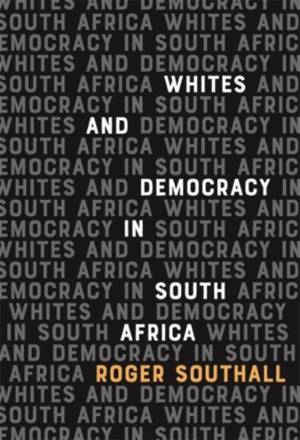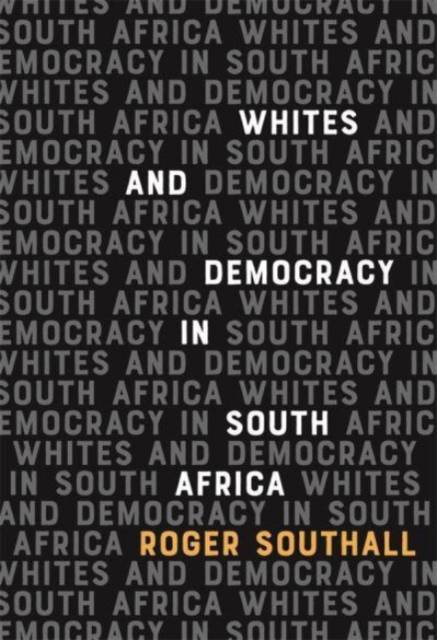
- Retrait gratuit dans votre magasin Club
- 7.000.000 titres dans notre catalogue
- Payer en toute sécurité
- Toujours un magasin près de chez vous
- Retrait gratuit dans votre magasin Club
- 7.000.0000 titres dans notre catalogue
- Payer en toute sécurité
- Toujours un magasin près de chez vous
177,45 €
+ 354 points
Format
Description
Key book in Whiteness Studies that engages with the different ways in which the last white minority in Africa to give way to majority rule has adjusted to the arrival of democracy and the different modes of transition from "settlers" to "citizens". How have whites adjusted to, contributed to and detracted from democracy in South Africa since 1994? Engaging with the literature on 'whiteness' and the current trope that the democratic settlement has failed, this book provides a study of how whites in the last bastion of 'white minority rule' in Africa have adapted to the sweeping political changes they have encountered. It examines the historical context of white supremacy and minority rule, in the past, and the white withdrawal from elsewhere on the African continent. Drawing on focus groups held across the country, Southall explores the difficult issue of 'memory', how whites seek to grapple with the history of apartheid, and how this shapes their reactions to political equality. He argues that whites cannot be regarded as a homogeneous political grouping concluding that while the overwhelming majority of white South Africans feared the coming of democracy during the years of late apartheid, they recognised its inevitability. Many of their fears were, in effect, to be recognised by the Constitution, which embedded individual rights, including those to property and private schooling, alongside the important principle of proportionality of political representation. While a small minority of whites chose to emigrate, the large majority had little choice but to adjust to the democratic settlement which, on the whole, they have done - and in different ways. It was only a small right wing which sought to actively resist; others have sought to withdraw from democracy into social enclaves; but others have embraced democracy actively, either enthusiastically welcoming its freedoms or engaging with its realities in defence of 'minority rights'. Whites may have been reluctant to accept democracy, but democrats - of a sort - they have become, and notwithstanding a significant racialisation of politics in post-apartheid South Africa, they remain an important segment of the "rainbow", although dangers lurk in the future unless present inequalities of both race and class are challenged head on. African Sun Media: South Africa
Spécifications
Parties prenantes
- Auteur(s) :
- Editeur:
Contenu
- Nombre de pages :
- 284
- Langue:
- Anglais
Caractéristiques
- EAN:
- 9781847012890
- Date de parution :
- 18-02-22
- Format:
- Livre relié
- Format numérique:
- Genaaid
- Dimensions :
- 156 mm x 234 mm
- Poids :
- 576 g

Les avis
Nous publions uniquement les avis qui respectent les conditions requises. Consultez nos conditions pour les avis.






